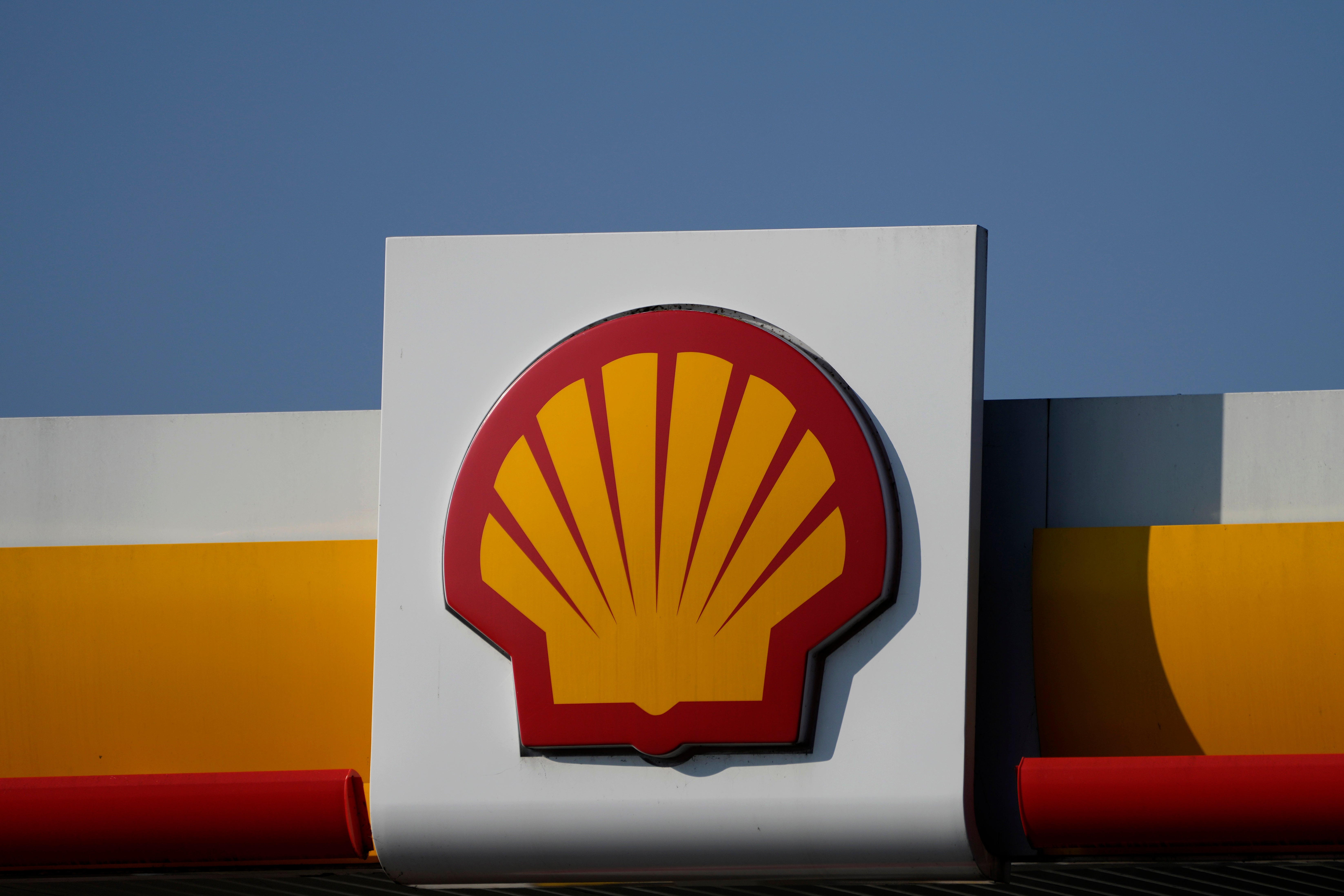Dutch appeals court overturns landmark climate ruling against Shell
A Dutch appeals court has overturned a landmark ruling that ordered energy company Shell to cut its carbon emissions by net 45% by 2030 compared to 2019 levels

Your support helps us to tell the story
From reproductive rights to climate change to Big Tech, The Independent is on the ground when the story is developing. Whether it's investigating the financials of Elon Musk's pro-Trump PAC or producing our latest documentary, 'The A Word', which shines a light on the American women fighting for reproductive rights, we know how important it is to parse out the facts from the messaging.
At such a critical moment in US history, we need reporters on the ground. Your donation allows us to keep sending journalists to speak to both sides of the story.
The Independent is trusted by Americans across the entire political spectrum. And unlike many other quality news outlets, we choose not to lock Americans out of our reporting and analysis with paywalls. We believe quality journalism should be available to everyone, paid for by those who can afford it.
Your support makes all the difference.A Dutch appeals court on Tuesday overturned a landmark ruling that ordered energy company Shell to cut its carbon emissions by net 45% by 2030 compared to 2019 levels, while saying that "protection against dangerous climate change is a human right.”
The decision was a defeat for the Dutch arm of environmental group Friends of the Earth, which hailed the original 2021 ruling as a victory for the climate. Tuesday's civil ruling can be appealed to the Dutch Supreme Court.
The ruling upholding Shell's appeal came as a 12-day U.N. climate conference was entering its second day in Azerbaijan.
In a written summary of the ruling, the court said that Shell has a duty of care to limit its emissions, but it annulled the lower court's decision because it was “unable to establish that the social standard of care entails an obligation for Shell to reduce its CO2 emissions by 45%, or some other percentage.
"There is currently insufficient consensus in climate science on a specific reduction percentage to which an individual company like Shell should adhere.”
Presiding Judge Carla Joustra said that Shell already has targets for climate-warming carbon emissions that are in line with demands of Friends of the Earth — both for what it directly produces and for emissions produced by energy the company purchase from others.
The court then ruled that “for Shell to reduce CO2 emissions caused by buyers of Shell products ... by a particular percentage would be ineffective in this case. Shell could meet that obligation by ceasing to trade in the fuels it purchases from third parties. Other companies would then take over that trade.”
Joustra said that, “The court’s final judgment is that Friends of the Earth's claims cannot be granted. The court therefore annuls the district court’s judgment.”
“This hurts," Friends of the Earth director in the Netherlands Donald Pols said. "At the same time, we see that this case has ensured that major polluters are not immune and has further stimulated the debate about their responsibility in combating dangerous climate change. That is why we continue to tackle major polluters, such as Shell.”
The firm welcomed the ruling.
“We are pleased with the court’s decision, which we believe is the right one for the global energy transition, the Netherlands and our company,” Shell plc Chief Executive Officer Wael Sawan said in a written statement. “Our target to become a net-zero emissions energy business by 2050 remains at the heart of Shell’s strategy and is transforming our business."
___
Read more of AP’s climate coverage at http://www.apnews.com/climate-and-environment